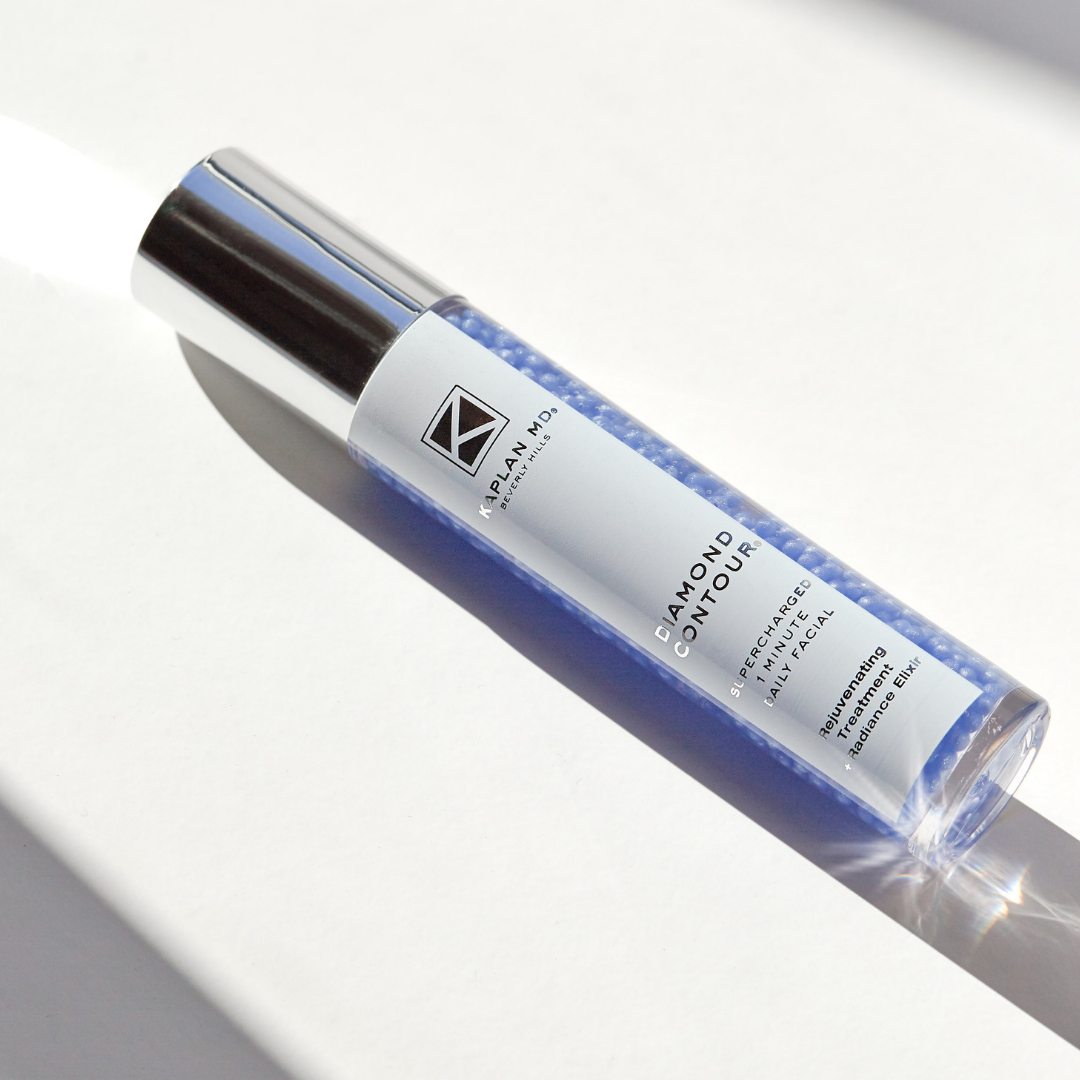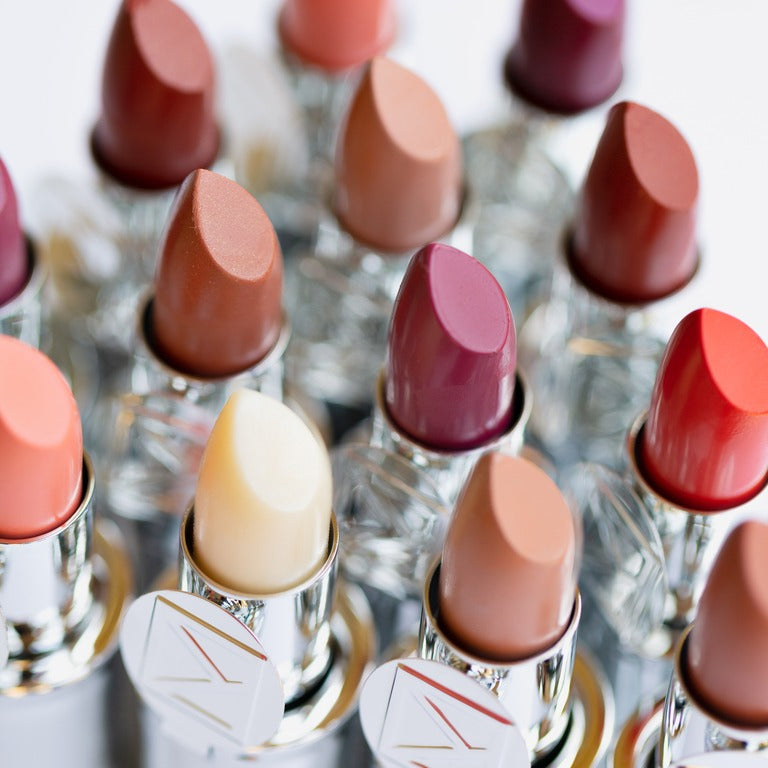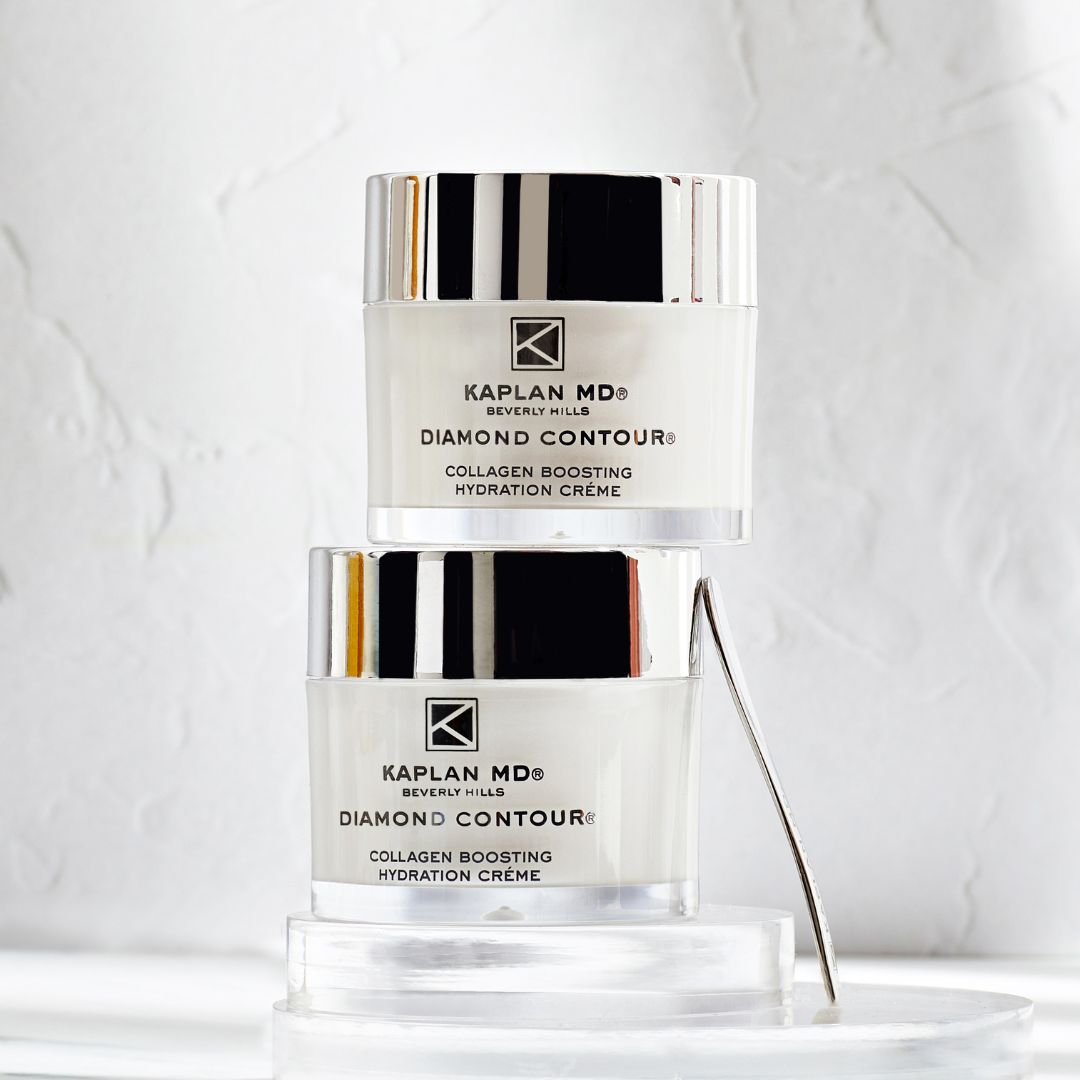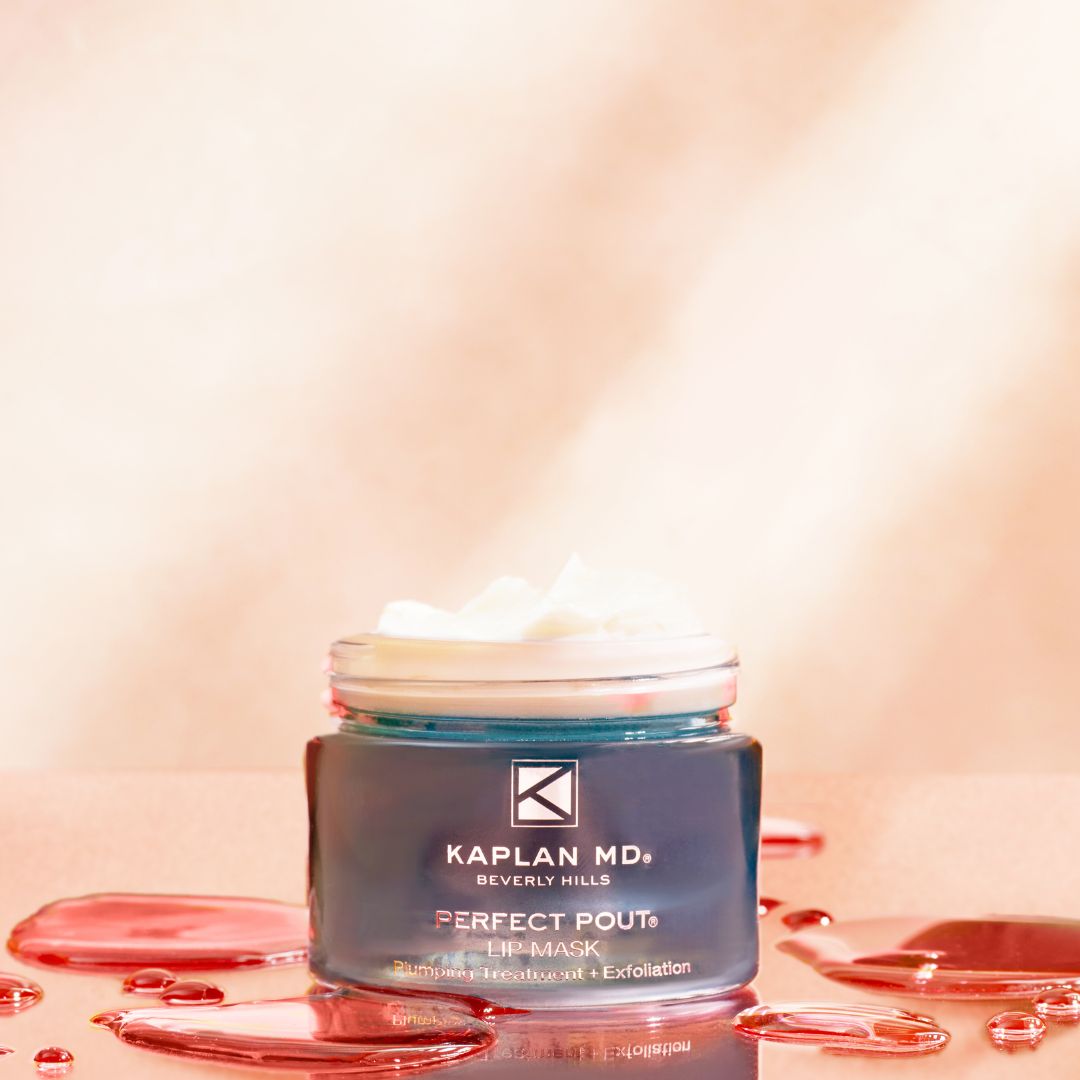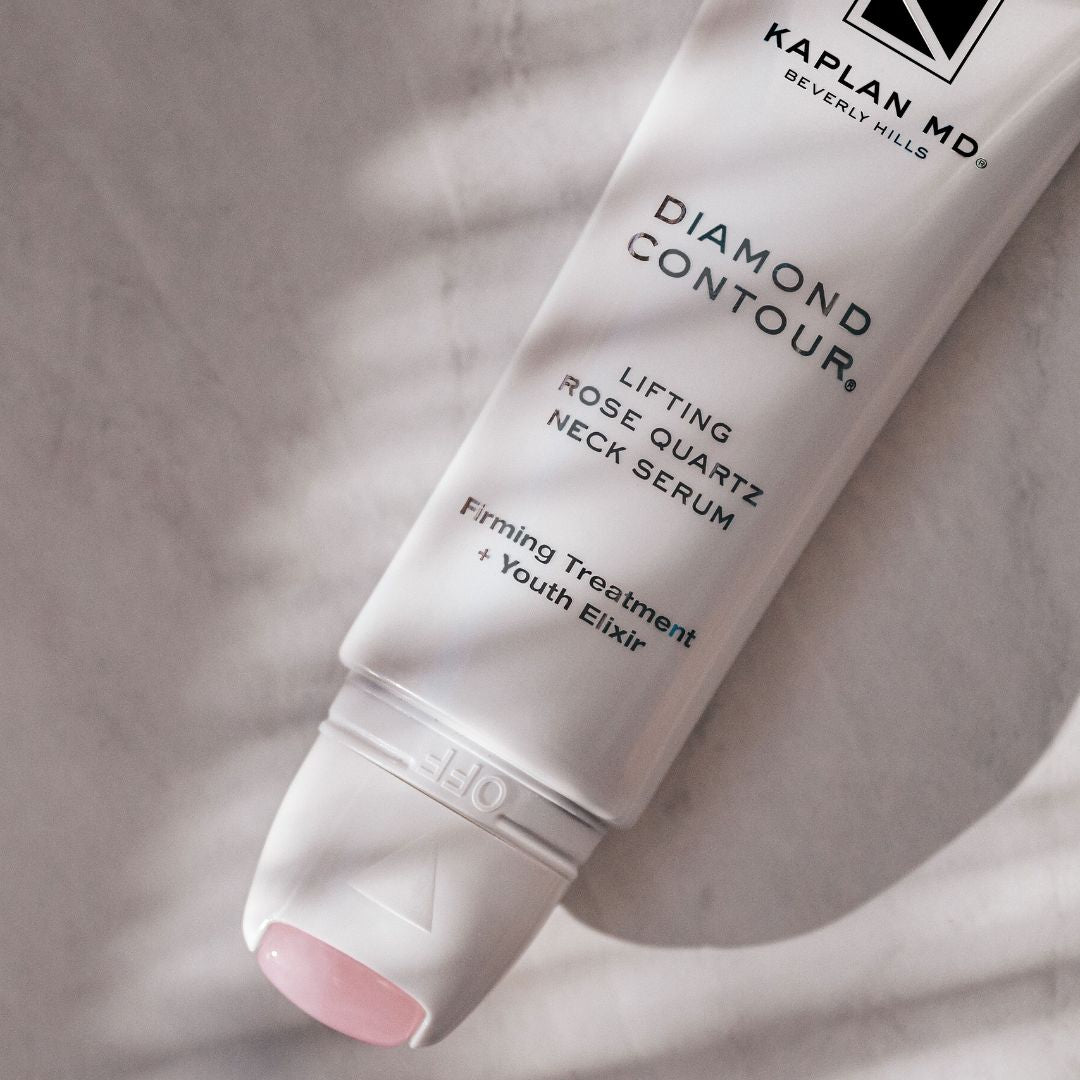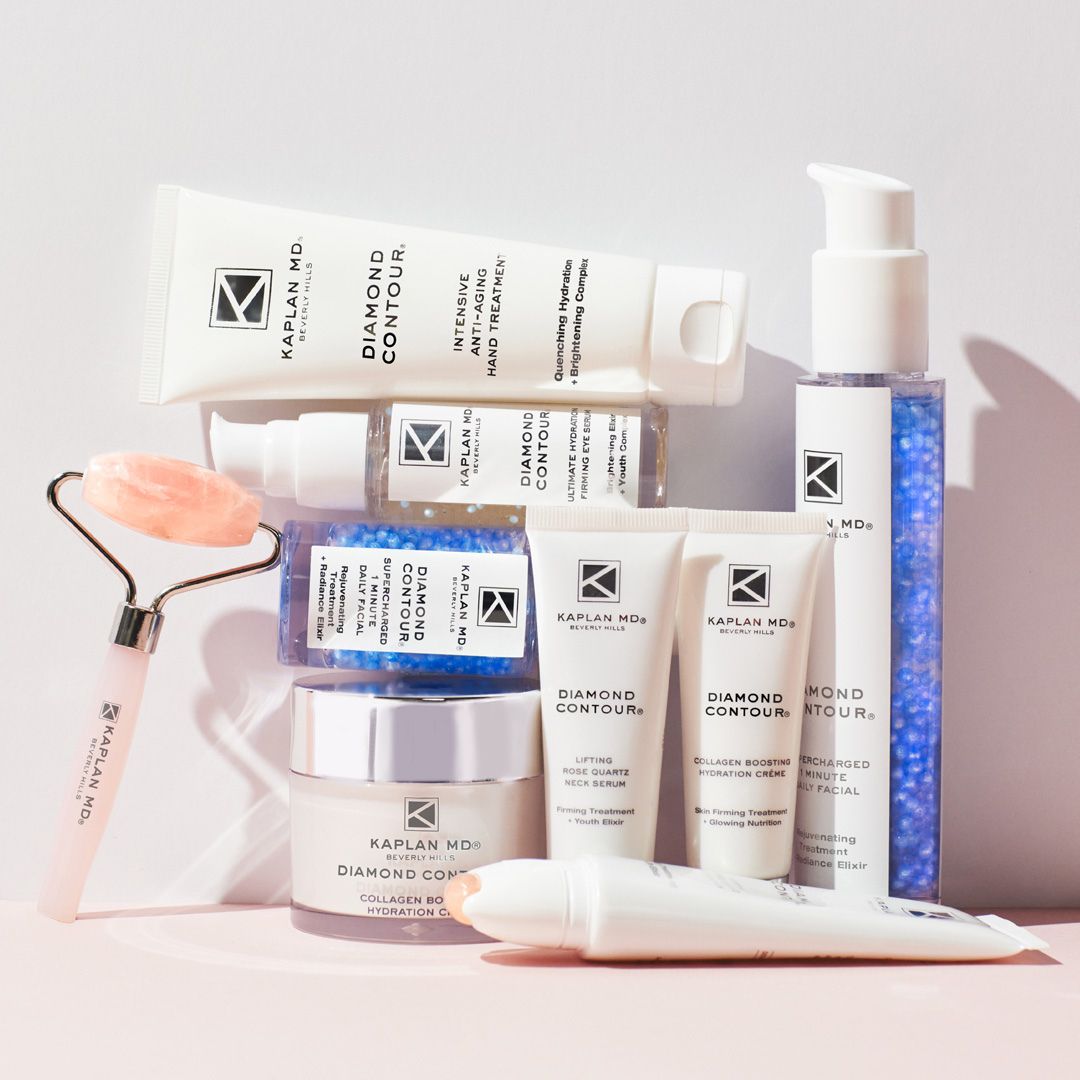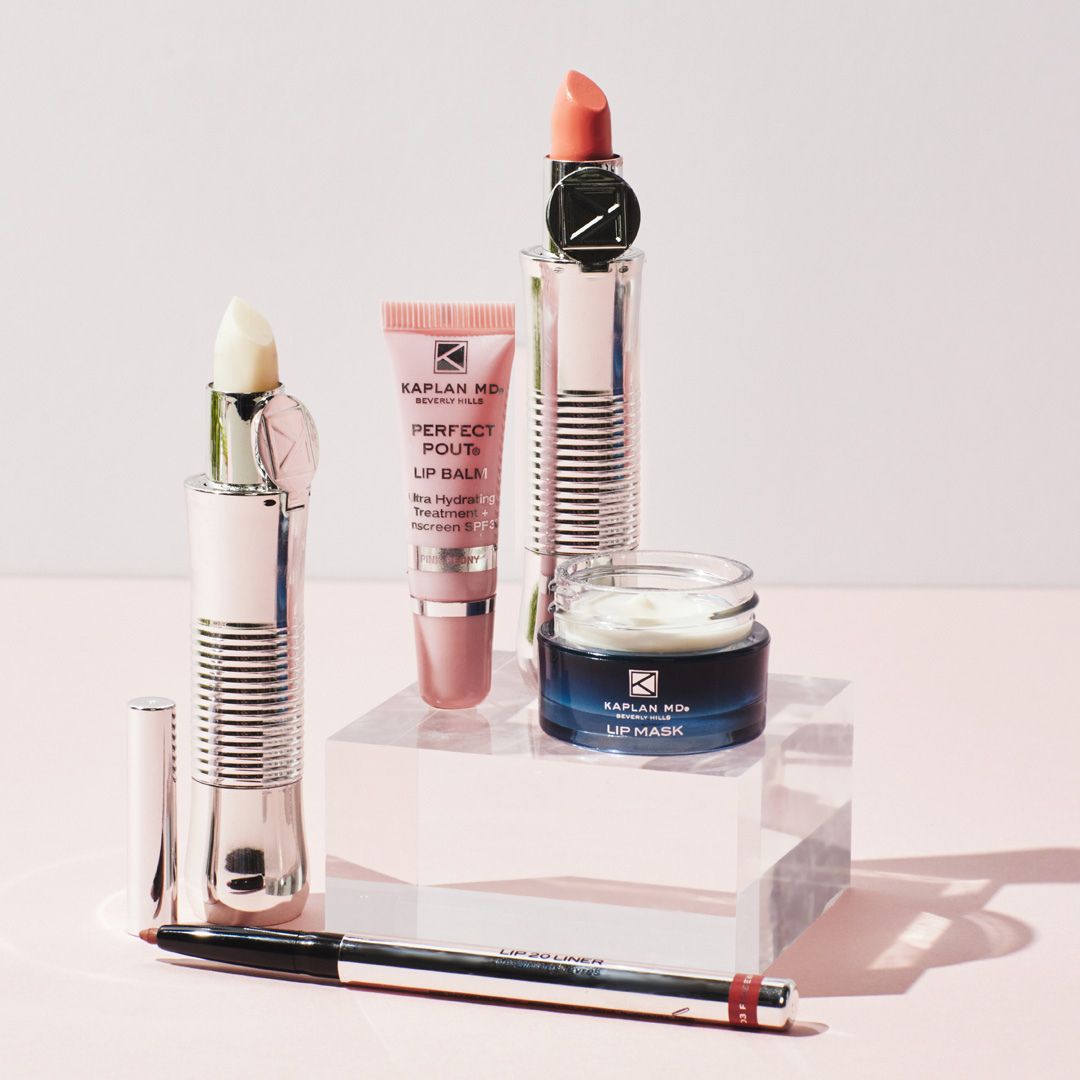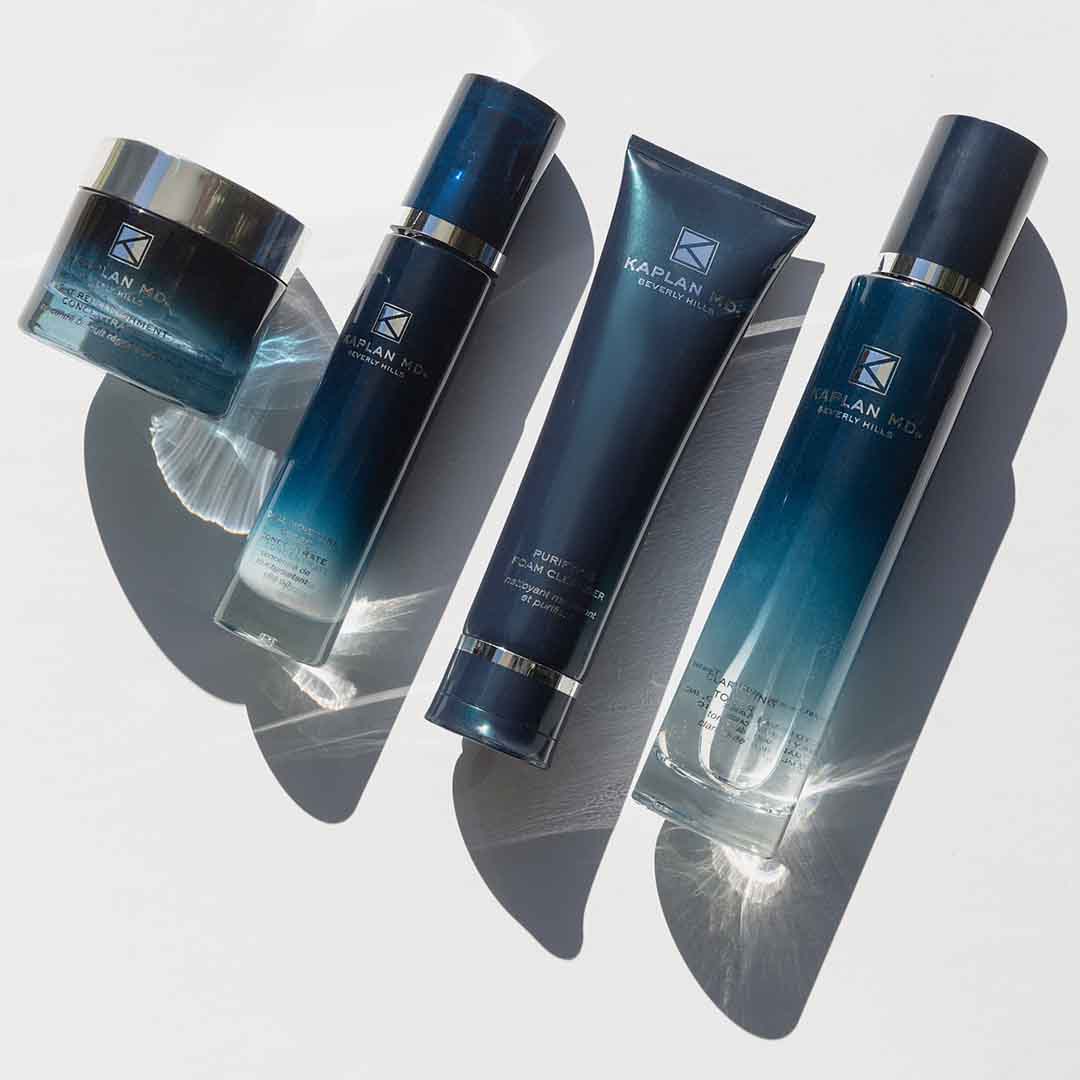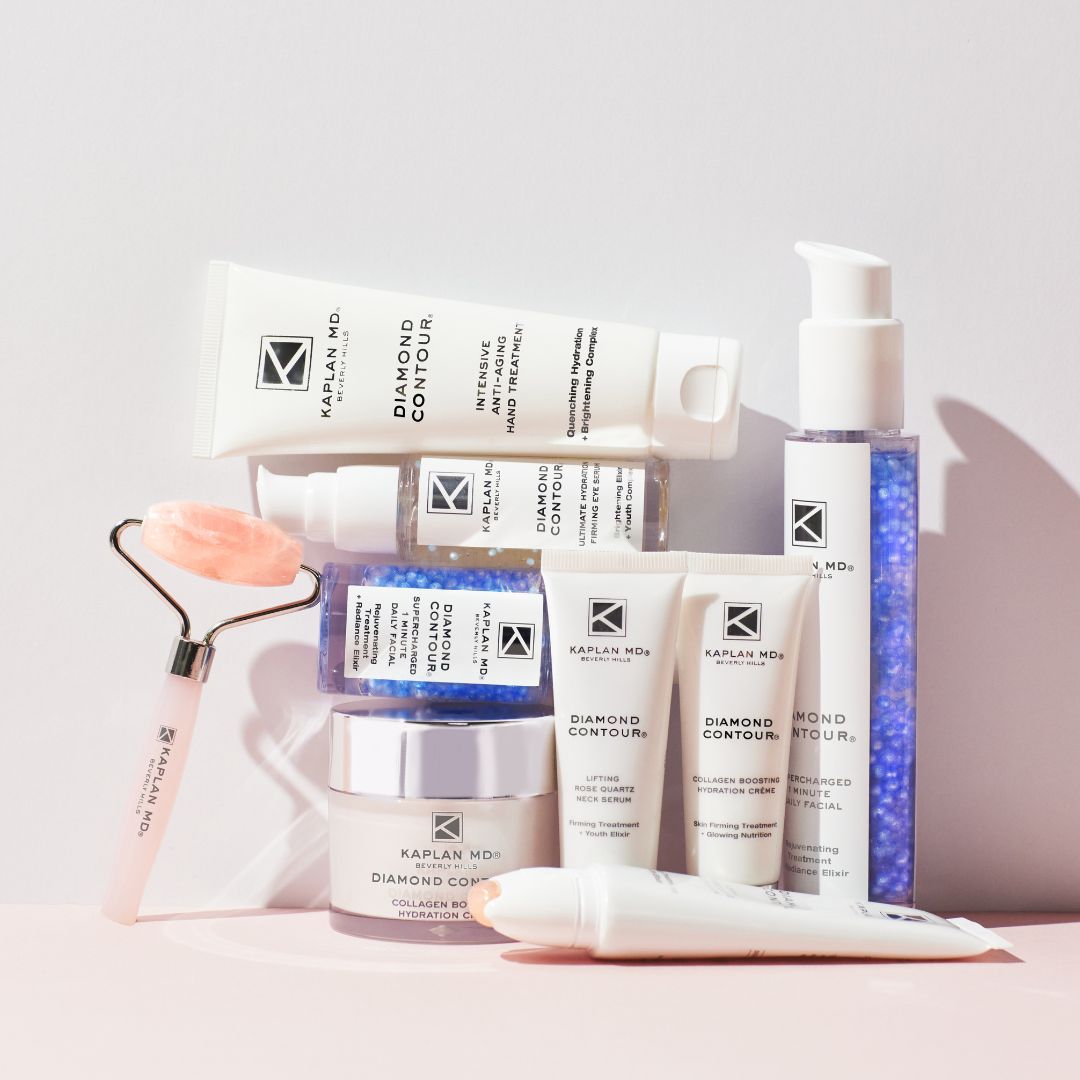Your Cart is Empty
Hurry! 35% Off for a Limited Time Only. Shop Now
Hurry! 35% Off for a Limited Time Only. Shop Now
Bestsellers
Skincare
Collections
All The Reasons Why Your Skin Is Really Acting Up
August 18, 2020 7 min read
Sometimes, it feels like our skin just decides to be a rebel and act up. The worst part is, 90% of the time it may not be obvious as to what caused it. Even when we do have an idea of what it could be, we still continue to ask ourselves questions due to the uncertainty...
Was it because I was out in the sun all day with sunscreen and forgot to wash my face?
No, I bet it’s the face covering I’ve been wearing.
All the pizza I was eating over the weekend could have contributed to it too though.
We all deserve pizza whenever we want it, but when there’s so many other possible factors, it's hard to know exactly what could have caused your skin to act up.
Since there’s so many reasons why your skin could be acting up, diving into a quick fix solution may not fix exactly what’s going on if you’re unsure of the source. That’s why, since many of us experience these issues throughout the year, we wanted to let you know what these reasons could be, and what the fixes are to make it easy for you.
Stress

Your brain and the rest of your body truly do work hand in hand. If you’re stressed out and your anxiety is heightened -- whether it’s due to work or your personal life -- your entire body is going to start letting you know it’s too much.
This includes your skin’s response to stress.
We’ve all heard the term inflammation… a lot, especially when it comes to our skin. What happens when we get stressed out, is that the chemicals that cause the inflammation on our skin -- whether it’s eczema, blemishes or anything else -- are released in order to battle the stress. Remember, mental health is the same as any other form of being sick so our bodies treat it the same way. So naturally, if you’ve had a history with skin issues, whether it’s genetic or not, if you’re stressed out those chemicals will release to protect you and also cause inflammation.
Outside of this inflammation, many people also suffer from excoriation disorder (also known as a skin-picking disorder) which is heightened when you’re stressed. This can lead to skin issues since oftentimes those with excoriation disorder may continuously harm their skin out of habit, leading to open wounds that welcome in dirt and impurities.
Keep in mind you don’t need to have any pre-disposed skin conditions to trigger this, but if you do, the skin issues that might be caused by stress could be tougher to work with. So, how do you battle those skin conditions when you’re stressed?
The first, and obvious place to start, is to focus on ensuring you’re taking time for yourself and recognizing when you’re feeling stressed. Take the time you need after work hours to focus on you for not only your skin, but your mental health as a whole!
Outside of this, common skin outcomes of stress are blemishes, dry skin and eczema. Luckily, there’s some fantastic ways to keep this in check when you do feel the stress coming on.
A daily moisturizer, like our Daily Moisture SPF 30 Concentrate is a good pick to battle the dry skin and eczema. For stress blemishes, using a great cleanser like the Purifying Foam Cleanser that’s soft on the skin is a great addition to your full routine.
Diet

Ahh yes, our diet, and don’t worry, we’re not here to judge. No matter what we eat our skin can react because, like we learned with stress, it’s all linked together. Frankly, everyone should eat what they want with no judgement, but if you’re looking for skin that has minimal issues there’s some things you may want to consider.
First off, hydration is important. We want to keep our bodies hydrated as much as our skin, and that means drink your water! If you find yourself drinking less and less water, you’ll likely notice your skin starting to get dry. As your day goes on, your skin and the rest of your body is constantly losing that precious moisture, so you need to focus on refueling it.
On top of hydration, there’s sugar, addictive and delicious. We all love our sweets and other foods that have a high sugar count. The worst part is, a lot of our food nowadays has it and it’s labelled in different ways (like Fructose and Glucose). Unfortunately, all these sugars tend to trigger something we all hate -- blemishes and even premature signs of aging.
How? Well, when you consume sugar (or anything with a high glycemic index whether it’s in a brownie or a piece of sliced bread) it triggers inflammation which is reflected on your skin. On top of blemishes, sugars can also contribute to premature signs of aging since this inflammation also produces enzymes that tend to break down collagen levels and elastin.
Now, keeping a strict diet of leafy greens, fresh vegetables, fruits and more is a bit unrealistic. So, for those times where you’re missing your water glass and experiencing dry skin, a great overnight treatment is helpful, like our Night Replenishment Concentrate (which also works to reduce fine lines and wrinkles!).
Hormones
It’s only natural to assume that hormones, whether it’s estrogen or testosterone, affect our skin in countless ways. Since our skin is the largest organ in our body, it’s highly affected by these changes day over day.
To start, let’s talk about oily skin. There’s small glands you may or may not know about called sebaceous glands which produce a substance called sebum, which is quite oily to say the least. Sebum is released when the glands begin to increase in size around puberty and by the time you’re into your teenage years, the oil has mostly been released. The receptors in the sebaceous glands are triggered by your sex hormones, so this is why you may notice that around that time of the month we experience blemishes and other skin issues.
Though it’s unclear just exactly how estrogen is linked to oily skin, there’s clear correlations between the two.
That being said, it’s not just estrogen levels that can affect our skin health, the hormones that most affect these glands is androgen, which is a male sex hormone but present in both sexes. When more androgens bind to the sebaceous glands, even more sebum can be produced which leads to noticeable, oily skin that can lead to blemishes.
Speaking of which, it’s time to talk about hormonal acne. Many women experience acne issues around their menstrual cycle, but even though it happens often in women, there still isn’t really any definite reasoning for it. There are some theories though, for example, without high estrogen levels, androgens will turn up the production of sebum. Mix that knowledge with some theorists saying that estrogen levels are lower before a woman’s monthly period (meaning there’s less chance to battle sebum production) it makes sense that our skin can get quite oily around then. For this reason, your skin can be much more prone to acne.
What can we do to battle this? Your healthy skincare routine will do the trick, but adding in our Diamond Contour Supercharged 1-Minute Daily Facial will add another element when you know you need it.
What You Sleep On

None of us want to hear the fact that where we rest our heads at night houses dirt and other impurities that can damage our skin overnight. We’re sorry though, because unfortunately, we must accept that this is in fact a reality. Just like any other material, your pillowcase transfers bacteria that can disrupt skin health.
This bacteria that you’re laying on actually starts to clog your pores overnight which leads to a greater likelihood of blemishes and breakouts. However, there are a few things you can do to ensure there’s minimal bacteria and pore clogging happening.
Oftentimes, it’s believed that the material your pillows are made of affects your skin, but it doesn’t. Whether it’s cotton, silk or satin your pillowcase will likely have dirt and bacteria on it. What we also need to remember is that we will never know how these pillowcases are made. So not only are we susceptible to what we bring to it, but we also need to be aware of the chemicals used during the process of making the pillowcase.
Taking a shower at nighttime instead of in the morning can help to reduce the transfers of bacteria onto your pillow. On top of this, your nightly routine should include a healthy skincare regimen. A great place to start, is with our Daily Regimen, which focuses on the essential aspects of skin health day in and day out. When you use your skincare products at night, be sure to use them at least 30 minutes prior to when you go to bed, otherwise, the product may not have fully absorbed and will end up also on the pillowcase.
Using the wrong ingredients
Believe it or not, all skincare isn’t actually taking care of your skin. There’s some ingredients that should be placed on your no-go list if they’re currently included in your skincare routine.
To start, Parabens are one to look out for. This family of chemicals are in skincare products to prolong shelf life, but unfortunately, there’s repercussions to this. Since they mimic estrogen, it can cause issues with your hormonal balance which can lead to hormonal acne.
Another group of chemicals called Phthalates tend to disrupt our skin. These chemicals focus on the “stickiness” of the product to ensure that the formula actually stays on your skin. Though it sounds good, the outcome of this is that it tends to strip away moisture and protective barriers making your skin more susceptible to free radicals, impurities and other stressors.
PEG (aka Polyethylene Glycol), which is often used as a thickener and enhances penetration into the skin, is also something you’ll want to avoid. The ingredient actually can cause irritation since it contains impurities like Ethylene Oxide along with 1,4 Dioxane (two known carcinogens and respiratory irritants). On top of this, it reduces your skin’s moisture levels while also speeding up the aging process.
There’s far more that you’ll want to avoid as well, such as BPA, DEA/TEA/MEA and silicone, so stay tuned for another post soon featuring a dive into all of those.
If you notice one of your skincare products houses one of these ingredients, our skincare collection avoids all of these and more that could do harm to your skin.

When your skin is acting up, though there may be plenty of reasons why it could be happening, the ones we just learned about together are some of the most common. So, next time you’re noticing something about your skin, take a look at your stress levels, ingredients in your skincare routine and maybe even give your pillowcase a quick wash.
Is there a reason for your skin acting up that you want to learn more about? Send us a DM on Instagram and we’ll be able to fill you in!
Also in Beauty News & Tips
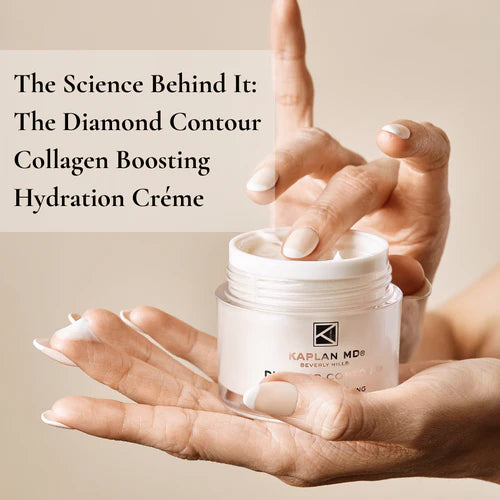
The Science Behind It: The Diamond Contour Collagen Boosting Hydration Créme
May 07, 2024 2 min read
Read MoreGet 15% Off Your First Purchase
Stay in the loop with exclusive discounts, expert skincare tips, the latest news, and more. Don't miss out on the opportunity to elevate your skincare routine and save on your favorite products.

